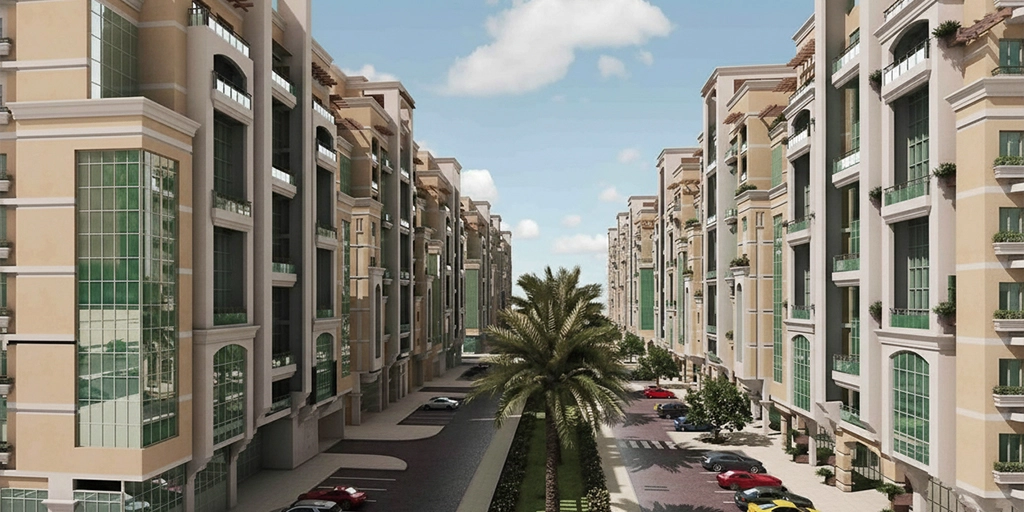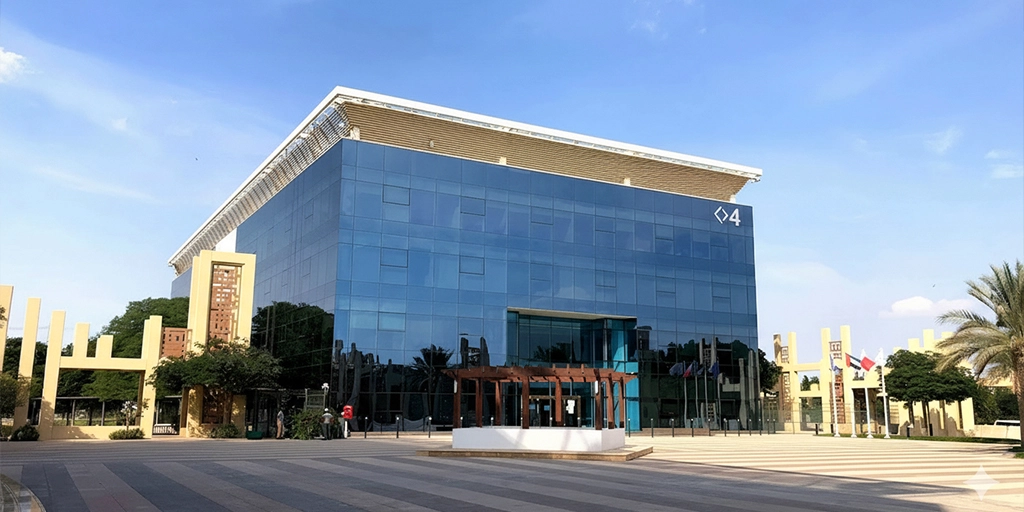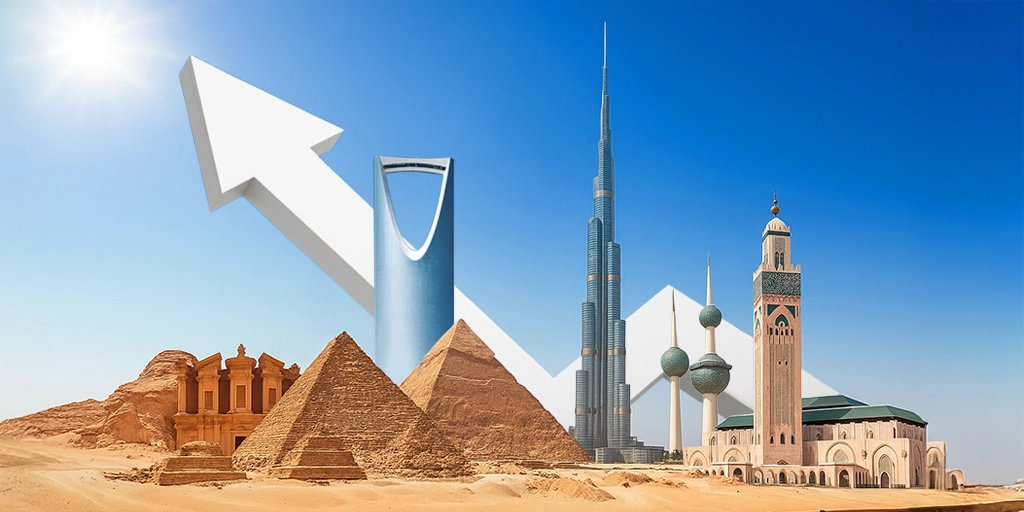After a tepid 2024 for global real estate, the outlook for 2025 is resoundingly optimistic.
Global investment turnover is expected to jump by 27% to reach $952 billion, and the MENA region is anticipated to play a significant role in this rebound. Backed by macroeconomic reforms, large-scale development initiatives, and shifting investor sentiment, the Middle East and North Africa are poised for a real estate revival that could outpace much of the world.
Projected Growth & Market Sentiment
Global investment turnover is expected to rise by 27% in 2025, with projections exceeding the $1 trillion mark by 2026. Within this recovery, the MENA region stands out: nearly three-quarters of real estate researchers forecast increased investment activity across the region.
This signals a renewed sense of confidence in the area’s economic and infrastructural transformation, particularly in hubs like the UAE, Saudi Arabia, and Egypt.
Why MENA Is Poised for Growth
Macro‑Drivers
Governments across the region are doubling down on infrastructure.
Saudi Arabia’s Vision 2030, Egypt’s New Administrative Capital, and the UAE’s ongoing urban transformation are all examples of visionary projects that are attracting both institutional and private investors.
Reforms related to foreign ownership and property laws have also created more accessible and transparent markets.
Sector Highlights

Prime Office
Cities like Dubai and Riyadh are experiencing healthy leasing momentum, especially in Grade-A offices. As international businesses expand into the region, demand is rising for flexible, tech-ready workspaces.

Residential & Retail
Egypt and the Gulf States are seeing a surge in residential demand, supported by population growth and a rising middle class. Mixed-use and entertainment developments are also seeing strong pre-leasing interest.

Secondary Office
With many assets having repriced post-COVID, there is strong interest in value-add opportunities, particularly where upgrades can boost rental yields.

Logistics & Industrial
The e-commerce explosion continues to fuel demand for last-mile delivery hubs, warehouses, and distribution centers.
ESG & Innovation
The integration of environmental, social, and governance (ESG) principles is now central to real estate investment in the MENA region. Sustainability-focused building standards and innovation in PropTech are being embraced, especially through accelerators and government-supported green initiatives.
Country Highlights
UAE
Dubai is benefiting from economic diversification, tech startups, and a resurgence in tourism. Residential and secondary office markets are heating up, offering attractive returns for mid- and long-term investors.
Saudi Arabia
The Kingdom is investing trillions in NEOM, The Line, and other futuristic megaprojects. Riyadh’s business-friendly reforms are turning it into a commercial hub, with strong demand for luxury housing and premium office space.
Egypt
With the rapid development of East Cairo and the New Administrative Capital, Egypt is transforming its real estate landscape. Retail-entertainment hybrids and commercial campuses are redefining urban living.
What Investors Should Know
- Strategy Matters: Whether you’re pursuing core assets or value-add opportunities, timing your entry and targeting the right sector is crucial.
- Macroeconomic Variables: Keep an eye on interest rates, tenant preferences, and global capital flows, which can influence short-term performance.
- Sustainability Is No Longer Optional: ESG compliance is not just a trend, it’s a requirement. Investors should assess environmental certifications, carbon footprint, and governance transparency before making decisions.

Conclusion
With global investment turnover expected to rise 27% in 2025, MENA emerges as one of the brightest regions on the map.
Driven by bold economic visions, regulatory reforms, and sectoral innovation, the region is attracting attention from global investors who see both short-term gains and long-term value. For real estate stakeholders, whether institutional players or private investors, now is the time to explore the abundant opportunities the MENA market has to offer.




